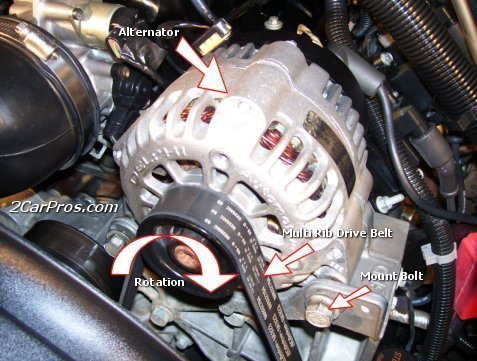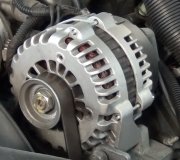Two in a row is more typical of a pattern failure. That occurs when a new employee at the rebuilder is doing something wrong on every unit he works on, or the rebuilder got a bad batch of a certain part. That's why I mentioned switching to a replacement generator of a different brand.
Other than that, it's not common to get a defective rebuilt generator. Repeat failures that occur after hours or days are often caused by the battery. Some generators develop voltage spikes that can damage its internal voltage regulator and diodes, and interfere with computer sensor signals. The battery is the key component in dampening and absorbing those spikes but as they age and the lead flakes off the plates, they lose their ability to do that. This has been an especially big problem with 1987 and newer GM vehicles. When their generators are replaced, you must replace the battery at the same time unless it is less than about two years old.
If your replacement generator doesn't work as soon as it is installed, it is more likely you have a problem with the wiring. With the engine not running, check for 12 volts on the large black / red wire on the back of the generator. If that is missing, check for a blown very large fuse. It may be bolted into the under-hood fuse box. Back-probe the light green / black wire for 12 volts. If that is missing, check fuse 36, a ten-amp. With the ignition switch turned on, the charge warning light on the dash should turn on. If it doesn't, check fuse 14, a ten-amp inside the car. That is the "turn-on" circuit that tells the voltage regulator when to start running the generator.
To be valid, any testing has to be done when the charging system is not working. You've identified that by the 11.95 volts. If you find intermittent operation, it is extremely unlikely the generator itself is the cause. That is real possible on older units with worn brushes, but not on new / rebuilt units. Look for stretched terminals in the electrical connector and fuses that are loose in their sockets or have corroded terminals. You're more likely to find that in the fuse box under the hood.
Wednesday, March 9th, 2016 AT 1:16 PM




